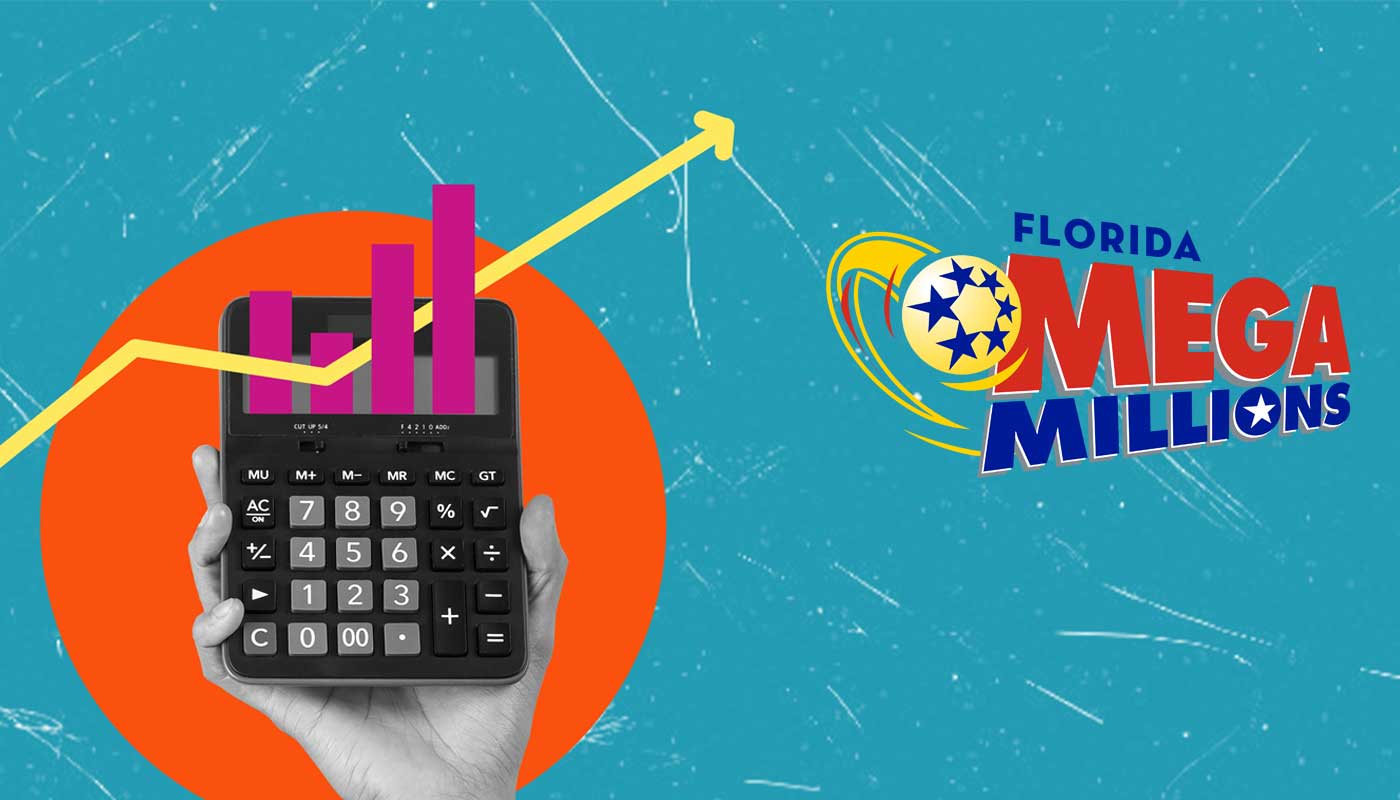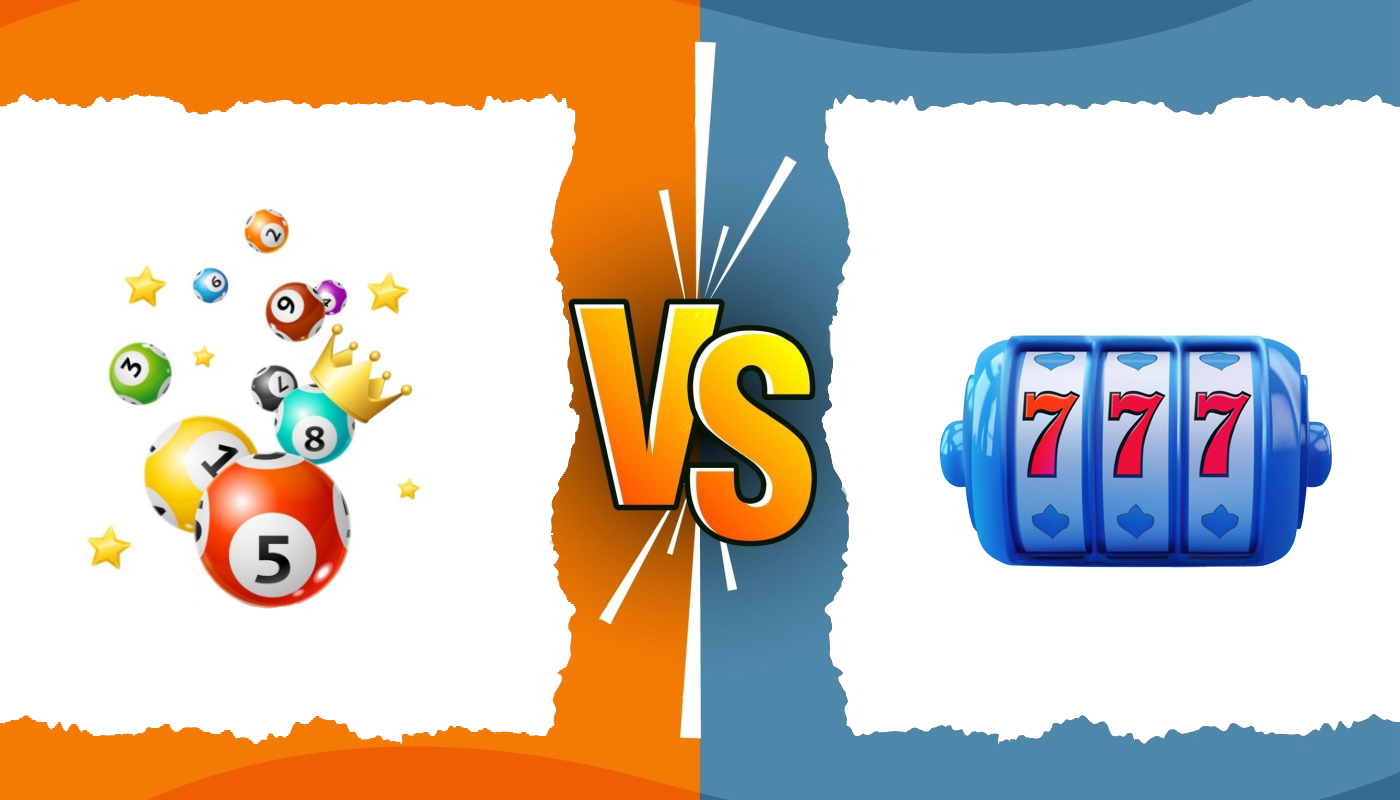
News writer
Millions of Americans play the lottery every year. In 2023, Americans spent $105.26 billion on lottery tickets, making it the most popular form of gambling in the U.S. If you think about it, it's not surprising why. Who wouldn't love to win a jackpot of several million dollars?
But for many people, the lottery is more than just a game of chance. It's a blend of entertainment, excitement, and hope. People play for many different reasons, including:
- Instant wealth: The allure of instant wealth is perhaps one of the top motivators for buying a lottery ticket, particularly when the jackpots are at an all-time high. Motivation is deeply linked to the desire for success, financial freedom, security, and a better life. The thought of attaining all these goals in an instant seems like a dream come true.
- Entertainment: Watching a lottery drawing or scratching off a game card is fun and entertaining. Taking some time from reality to dream about what you would do if you won a lottery jackpot can also be enjoyable.
- Excitement: The dream of hitting the jackpot and instantly transforming your life is a powerful motivator. Buying a lottery ticket carries a sense of anticipation and excitement, even if the chances are remote.
- Hope: Even if the big jackpot remains elusive, smaller wins keep players hopeful. Winning a few dollars here and there reinforces the belief that luck is on your side.
How playing the lottery can increase your well-being
So long as you're not frivolously wasting money on lottery draws or scratch-off tickets, studies have shown that playing the lottery can have benefits to your well-being. Of course, playing responsibly is the key, but here's a look at some of the unexpected psychological benefits that buying an occasional lottery ticket can provide:
- Indulging your imagination: When you daydream about exciting things happening in your life, it is not only fun. It increases your sense of optimism. This gives you a brighter outlook on life. It also has some physical benefits, such as relaxing tension, lowering your blood pressure, and regulating your heart rate. As long as your daydreams are balanced with realism, imagining how your life would change if you won the lottery also stimulates your mind and flexes your creativity.
- Getting your fix of excitement: Many players love the feeling of suspense and excitement when they play the lottery. This can also have beneficial effects on your health. Positive emotions, including excitement and anticipation, can boost your immune health, reduce pain, and may improve longevity. They can also help you navigate your life's ups and downs more successfully.
- Staying grounded: Taking occasional, small financial risks, such as buying a lottery ticket or two, can actually help you practice risk-taking in a safe way that strengthens your ability to stay grounded. Facing uncertainty head-on and accepting potential failure help you to build confidence in taking larger risks in life, such as making a career change or starting your own business.
- Strengthening social connections: Playing the lottery can strengthen social bonds in several ways. If you're in a lottery pool, sharing the risk and excitement with colleagues or friends brings you closer together. Celebrating wins and commiserating closes also unifies people. Imagining how you would share your lottery win to help out family and friends fosters connections.
- Altruism: Playing the lottery can make you feel good because every time you buy a ticket, you're helping a good cause. Every state that participates in the lottery (all but Alabama, Alaska, Hawaii, Nevada, and Utah) donates a percentage of their lottery revenue to community initiatives throughout the state. These may include supporting public education, safety services, veteran support groups, environmental programs, and tourism.
When playing the lottery becomes an addiction
The allure of the lottery – those tantalizing tickets promising a chance at unimaginable wealth – has captivated people for generations. Yet, for some, what begins as a harmless game of chance can spiral into a full-blown addiction. Here's why playing the lottery can become dangerously compulsive and how it impacts individuals and their lives.
The first purchase of a lottery ticket often carries a sense of excitement. The mere possibility of winning triggers a rush of adrenaline. Hope blossoms with visions of paying off debts, buying a dream home, or traveling the world. After a while, regular play can escalate, and the thrill of anticipation becomes addictive.
Playing the lottery activates the same pleasure centers in the brain as substance use or other compulsive behaviors. Dopamine surges with each ticket purchase, reinforcing the behavior. Lottery tickets are readily available at gas stations, grocery stores, and online. Commercials and billboards constantly reinforce the idea of winning big. The fantasy of sudden wealth becomes intoxicating.
Signs of Lottery Addiction
- Neglecting responsibilities such as work and family.
- Priorities shift, and the pursuit of fortune takes center stage.
- Regular ticket purchases add up, and debt accumulates.
- The hope of winning overshadows rational financial decisions.
Recognizing and treating the problem
Self-awareness and honesty are crucial for acknowledging when playing the lottery becomes an obsession. If the lottery is interfering with your daily life, it's time to seek professional help by reaching out to support groups or therapists specializing in gambling addiction. This will help you set limits, such as allocating a specific budget for lottery tickets and replacing the thrill with healthier activities such as exercise, hobbies, or spending time with loved ones. You will also learn to understand the underlying emotional triggers and put things into perspective.
How to know if your lottery play is healthy
Gambling can be a harmless pastime for some, but for others, it evolves into a compulsive behavior that affects their well-being. Whether you're unsure or concerned about your own gambling habits or those of a family member, the team at Knightsbridge Behavioral Health has designed two self-assessment tests to provide insights:
- Test for individuals: This is a 2-minute quiz to determine if you might be exhibiting signs of a gambling problem. Answer honestly and consider how often you've experienced challenges related to gambling in the past 12 months. Remember, this quiz is not a diagnostic tool, but it can be a valuable first step toward seeking help if needed.
- Test for family members: If you suspect a family member has a gambling issue but aren't sure about the signs, this separate test is for you. Understanding the impact of gambling on your loved one can guide your approach and support efforts.
Problem Gambling Awareness Month
For more than two decades, March has been recognized as Problem Gambling Awareness Month. This is a national campaign that seeks to promote awareness of problem gambling and promote treatment and support. It includes participation from state agencies, treatment organizations, recovery groups, and healthcare providers. If you or a family member are struggling with gambling addiction, you can find advice on playing responsibly and problem gambling here. You also can reach out to the National Problem Gambling Helpline at 1-800-GAMBLER.
Strategies for healthy lottery play
Although playing the lottery in moderation has advantages, there are unhealthy habits to avoid. For example, obsession with winning can lead to gambling addiction. The best way to avoid this is to maintain a healthy playing strategy; that way, you won't drain your finances or create anxiety. Here are some ideas for healthy play:
- Set aside a small amount of money each month to purchase your lottery tickets. Make sure that you can afford it.
- Keep a healthy perspective so that you don't feel negative or unworthy when you don't win.
- Don't risk important money on the lottery, such as your rent or grocery funds.
- Make sure you have other interests that excite you, as well as playing the lottery.
- Don't make impulsive wagers.
- Don't use loans to play the lottery.
Playing the lottery should be fun and affordable. Before you play, take a look at the odds of your chosen lottery games and be realistic about your chances of winning. By only spending what you can afford to lose, you can set yourself clear spending limits. If you lose money, do not spend more money trying to win it back; odds are you'll lose even more. Remember to have fun. Playing with family and friends can make your lottery games more exciting.



















Comments